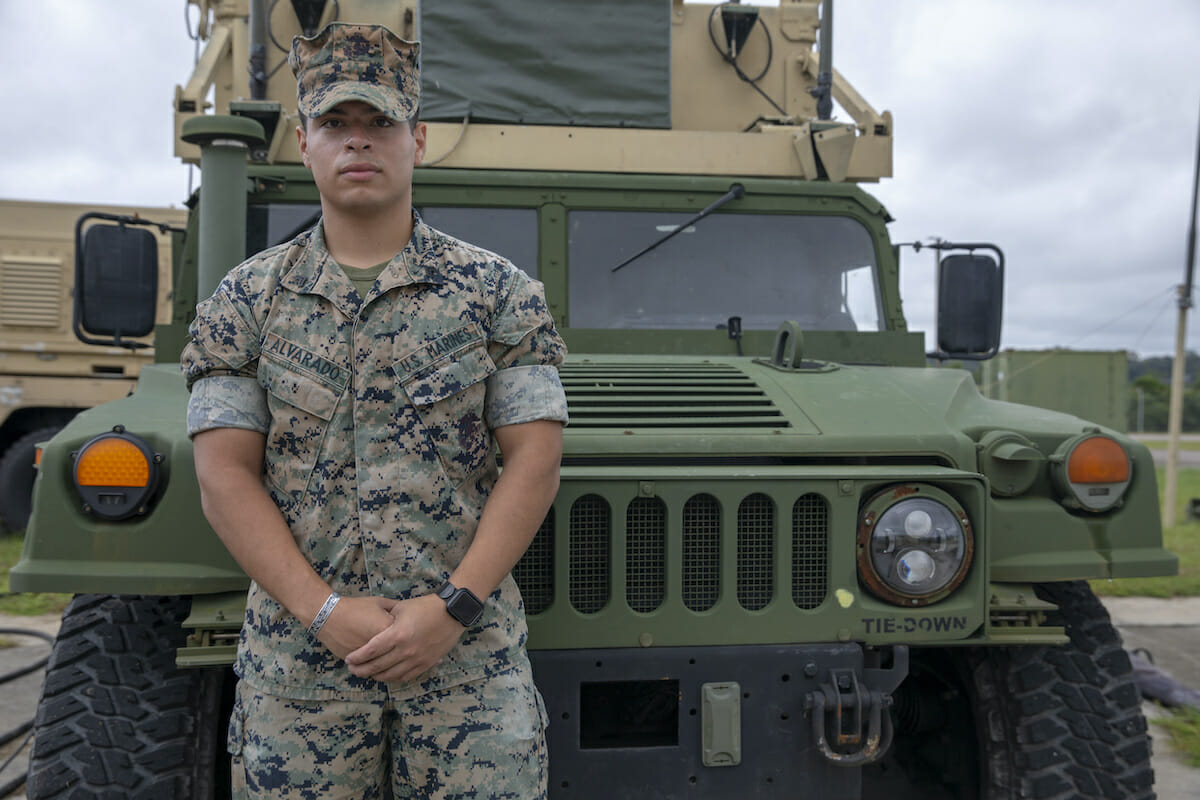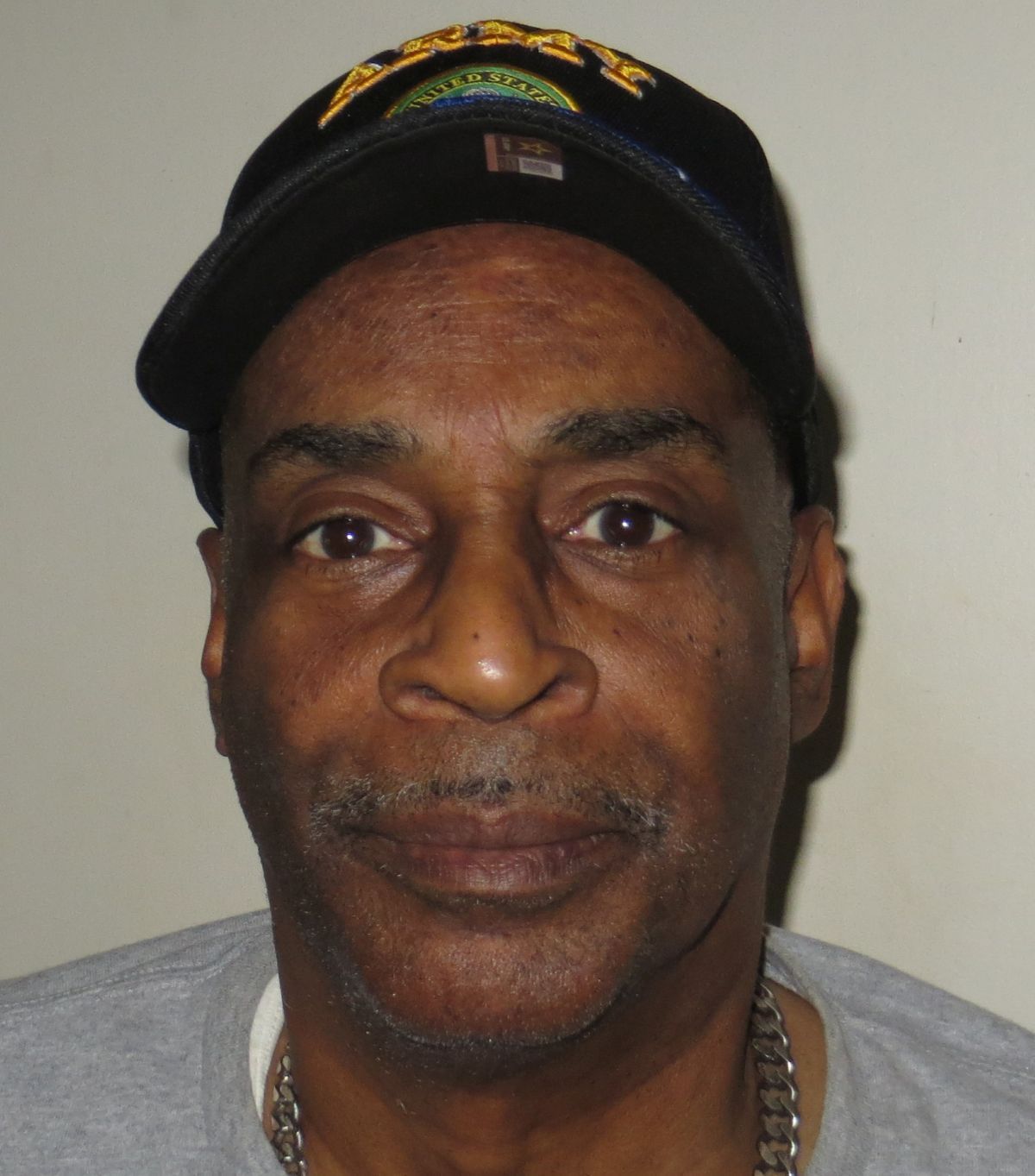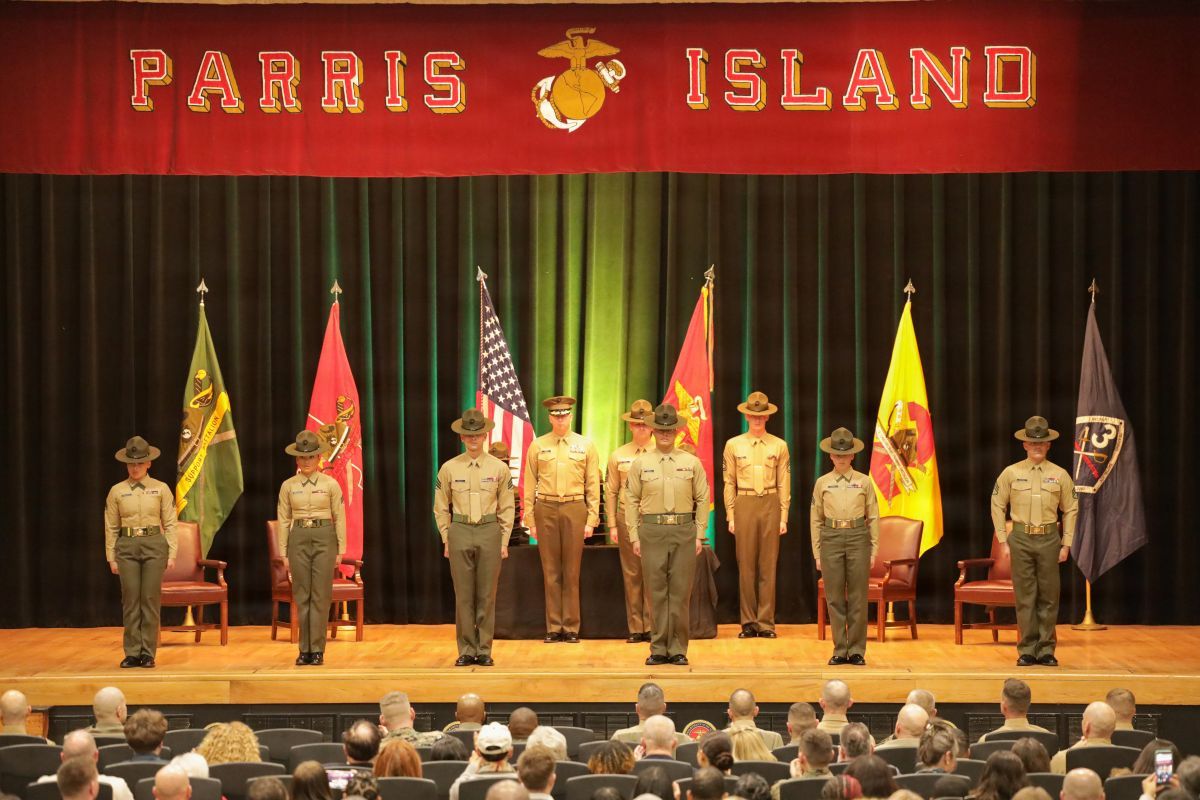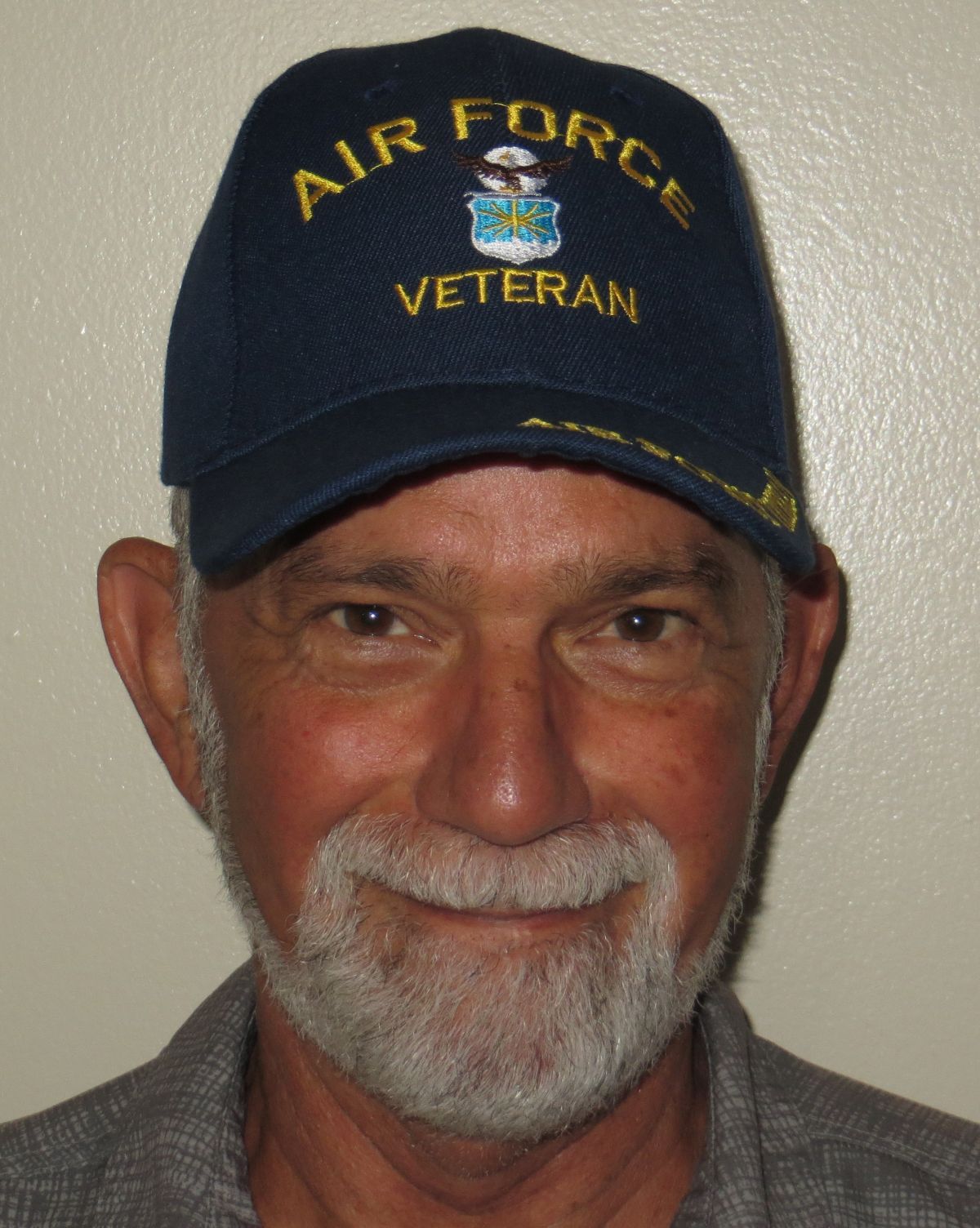Above: U.S. Marine Corps Cpl. Abraham A. Alvarado, with Marine Air Control Squadron 2, stands in front of a CAC2S AN/MRQ-13 Communication Subsystem on Oct. 7, at Marine Corps Air Station Beaufort. In March 2020, Alvarado identified a discrepancy with the equipment which prevented $1.6 million in damages, potential bodily injury and loss of life. Photos by Lance Cpl. Kevin Lopez Herrera, USMC.
By Lance Cpl. Kevin Lopez Herrera, USMC
MCAS BEAUFORT – Since high school, Abraham A. Alvarado has had a passion for electronics and communication. So when he was given the opportunity to pursue his passion through the military, he did not hesitate to take it. He chose the Marine Corps not only to build on his professional development, but also to make his mother proud.
“I joined the Marine Corps because my mother wanted to be a Marine; however, she was unable to because I came into the picture.” Alvarado said. “She had to focus on me, so I decided to do it for her.”
Cpl. Alvarado’s military occupational specialty is 5939, Aviation Communication Systems Technician. His day-to-day tasks include handling and maintaining the AN/MRQ-13. The MRQ, a communication subsystem of the Common Aviation Command and Control System, is a modified Humvee that comes equipped with a shell that contains UHF radios, digital switching equipment, antennas, and other essentials for mission success.
“I did career pathways in high school: electronics, communications, and engineering,” Alvarado explained. “So they all tied perfectly with this MOS.”

In March 2020, the unit was conducting a modification instruction of the equipment, which outlined the procedures for removing the shelter from an old Humvee and attaching it to a new one. After performing the modification, Staff Sgt. Steven Krugman, maintenance staff non-commissioned officer, performed his inspection on the equipment and found it to be satisfactory. After the inspection, the MRQ was moved approximately 50 meters to a new stationary position.
The following day, Cpl. Alvarado, who at the time was temporarily assigned to Corporal School, visited his Marines and looked at the modifications that were made. Upon observation, he realized that the bolts and bracketing had shifted from their original position when the MRQ moved.
“I went ahead and started inspecting it because I oversee it, so I wanted to make sure everything was going well,” Alvarado explained. “I inspected it and reported some of the issues to my staff non-commissioned officer in charge. I told him that we wouldn’t be able to use it during the training event since it would put Marines’ lives at risk.”
The MRQ was slated to take part in the Weapons and Tactics Instructor Course in Yuma, Arizona. Because of Cpl. Alvarado’s initiative, attention to detail, and prime ownership of his equipment, he prevented $1.6 million in equipment damage, bodily injury and potential loss of life. His findings paved the way for new standards and quality procedures to be implemented locally, ensuring situations like these are prevented in the future.
“The initiative and the discipline that he (Cpl. Alvarado) has to go forth and identify these shortfalls before anybody else in his chain of command is the expectation,” Krugman said. “Even though he’s a Corporal, he acts in the capacity of a seasoned Sergeant. He possesses the intangible qualities of the whole Marine concept.”
The Marine Corps has provided Cpl. Alvarado the ability to continue his studies, both to increase his MOS proficiency and further his college education.
“This MOS opens a lot of opportunities, not only with civilian companies but also with the Department of Defense,” Alvarado said.
Cpl. Alvarado is attached to Marine Air Control Squadron 2, Marine Corps Air Station Beaufort, S.C., and he currently attends the Technical College of the Lowcountry.
When asked about his favorite part of the job, Alvarado replied, “working with my Marines.”





